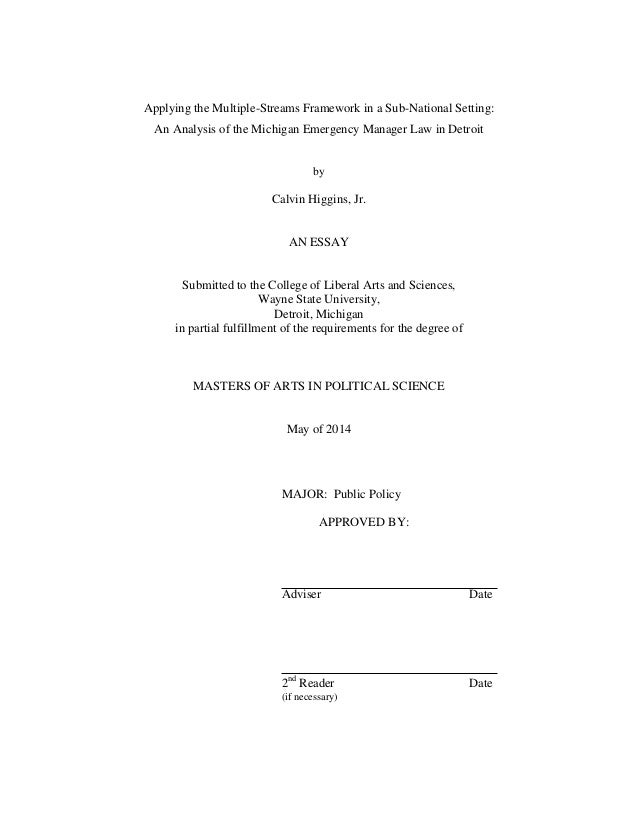Pathologies Of Rational Choice Theory Pdf Printer
This is the first comprehensive critical evaluation of the use of rational choice theory in political science. Writing in an accessible and nontechnical style, Donald P. Green and Ian Shapiro assess rational choice theory where it is reputed to be most successful: the study of collective action, the behavior of political parties and politicians, and such phenomena as voting cycles and Prisoner's Dilemmas. In their hard-hitting critique, Green and Shapiro demonstrate that the much heralded achievements of rational choice theory are in fact deeply suspect and that fundamental rethinking is needed if rational choice theorists are to contribute to the understanding of politics. In their final chapters, they anticipate and respond to a variety of possible rational choice responses to their arguments, thereby initiating a dialogue that is bound to continue for some time.

This is the first comprehensive critical evaluation of the use of rational choice theory in political science. Writing in an accessible and nontechnical style, Donald. This is the first comprehensive critical evaluation of the use of rational choice explanations in political science. Writing in an accessible and nontechnical style, Donald P. Green and Ian Shapiro assess rational choice theory where it is reputed to be most successful: the study of collective action, the behavior of political.
Spss 20 Serial Number 64 Bits here. 'This is the first serious critique of the rational choice school of political science. Donald Green and Ian Shapiro demonstrate that, half a century after its founding and despite its promise of creating a parsimonious, rigorous, and universally applicable political science, the rational choice school has little to show by way of empirical confirmation of its grand hypotheses. In coping with these disappointments, its proponents have engaged in a shell game of efforts to defend their claims of rigorous science, universal applicability, and superiority to all other explanatory theories. Green and Shapiro puncture these pretenses in their masterful treatments of the rational choice literatures dealing with such major themes as voter turnout and behavior, interest groups and 'free-riding,' and legislative behavior and spatial theories of party competition. They suggest a limited and constructive role for theories of the rational choice genre.' —Gabriel Almond, Stanford University. 'Books on the methodology of the social sciences tend to be hard going and in the end to yield results whose utility is incommensurate with the effort required to arrive at them.
This book is a welcome exception. Green and Shapiro write with lucidity, grace, and even on occasion wit. Unlike many critics of rational choice theorizing, they are sympathetic to its explanatory aspirations. Their critique focuses on the adequacy of the explanations offered in the rational choice literature. Drawing on a wealth of examples, they show that all too often writers are content to have offered an explanation in rational choice terms of some phenomenon without going on to ask if this explanation is sounder than the alternatives that might be offered. I think that Green and Shapiro underestimate the importance of the rational choice approach in generating good questions (for example, prompting curiosity as to how collective action comes about), but their work should help to ensure that such questions are more sharply posed in future.'
—Brian Barry, London School of Economics and Political Science.